- Video: DIY PATCHWORK JEANS TOTE BAG | TOTE BAG | JEANS BAG | RECYCLE JEANS IDEAS |DIY BAG SEWING TUTORIAL
- Patchwork is a fashion trend for interiors and clothing
- Video: THRIFT FLIP | DIY Patchwork Denim Jacket From Scratch + GIVEAWAY
- What types and techniques of patchwork exist?
- Video: A wonderful idea for patchwork from leftover fabric. Sewing and patchwork for beginners.
- What do you need to have for a patchwork?
- Video: Making Boro patchwork pants for the Summer (w/ Sashiko stitch) | JULIUS
- Helpful tips for beginners
- Video: We sew from scraps of fabric: how to make a patchwork rug with your own hands
- Rate the author (1)
- Comments (5)
Among the many types of needlework, patchwork, an ancient type of sewing from patchwork, stands out with its originality, originality and relative simplicity. The authorship of the invention of textile mosaics is unknown, but in archaeological finds there are products made before our era.
In times of scarcity of fabrics, the technique was not decorative. Pillowcases, blankets, clothes, and such items were sewn from scraps, rather, with poverty than with decor. Only in the twentieth century did patchwork become a kind of needlework for decorating interiors. What can be done in patchwork style?
So, what is patchwork and how to master it - further in our article.
Video: DIY PATCHWORK JEANS TOTE BAG | TOTE BAG | JEANS BAG | RECYCLE JEANS IDEAS |DIY BAG SEWING TUTORIAL

Patchwork is a fashion trend for interiors and clothing
Hand made items are unique, they fill the interior with comfort and exclusivity. Do it yourself money tree, patchwork textiles, self-made toys, souvenirs can surprise guests and delight hosts. The patchwork technique has practically no restrictions on its use. Clothing, fashion accessories, textile accessories are created using the textile mosaic method.
Every fashion season, items of clothing based on patchwork, fabrics that imitate technique appear on the catwalks. Here is a far from complete list of creative ideas:
- mats;
- wall panels;
- covers for upholstered furniture;
- pillows, bedspreads, blankets;
- table napkins;
- curtains;
- accessories: mobile phone cases, kettle warmers, pot holders, bags;
- jeans;
- kitchen aprons;
- dresses, jackets and other clothing.
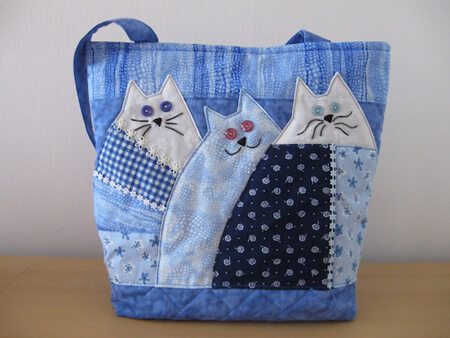
Some craftswomen master knitted patchwork, imitating a mosaic on a knitted fabric. In our blog you can learn how to make an edible bouquet.
What does the word patchwork mean? "Patch" translated from English - patch, "work" - Job. The name explains the essence of the creative process, which uses the same principle: connecting pieces of leather tissue with different seams, creating a single complete composition without any taboos or restrictions.
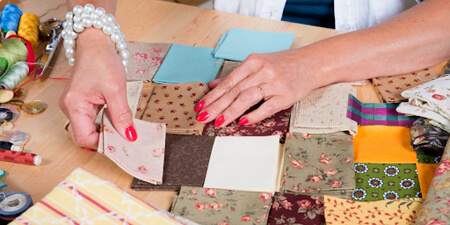
Each craftswoman has her own way of sewing together patches, but there are certain canons and styles that are worth studying.
Video: THRIFT FLIP | DIY Patchwork Denim Jacket From Scratch + GIVEAWAY

What types and techniques of patchwork exist?
The classic option from which to start learning a hobby is English. Patchwork stitched into a geometric pattern. Quilting is also a patchwork technique, with additional decor: embroidery, appliqué, decorative stitches. To add volume, a synthetic winterizer is inserted between the pieces of fabric and quilted.
Quilting is a more general variation. To create quilts, you need to master the skills of patchwork and be able to perform decorative operations. Quilting is the best option for creating double-sided patchwork items.
Other types of textile mosaic:
- ribbon mosaic pattern, this is a subspecies of the classic patchwork, but ribbons are used as elements;
- crazy, using patches of different shapes, colors, textures;
- Japanese patchwork. The main feature of the technique is silk elements and strict geometric shapes;
- watercolor, with selection of transition colors. According to the canons, it is permissible to use from two to five colors in one product. They should be contrasting or in the same tone. To work in the watercolor technique, you need to learn how to skillfully select combinations;
- knitted. The pattern is formed by connecting crocheted or knitted fragments of various shapes.
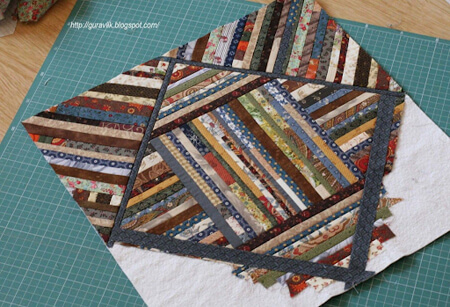
Technique determines the way in which details are connected in a pattern. Most famous:
- boro, in which the patches are connected with hand stitches "forward needle", "cross", blind, etc.;
- “pizza”. An adhesive base is used to connect the elements, and the patches themselves are superimposed randomly;
- honeycomb, with elements in the form of pentagons;
- “log hut”. The flaps are placed around the central square, laying around the perimeter. The result is futuristic original patterns.
There are craftswomen who prefer one technique or who have mastered several. In any case, this type of needlework requires patience, perseverance, tools for work.
Video: A wonderful idea for patchwork from leftover fabric. Sewing and patchwork for beginners.

What do you need to have for a patchwork?
Our grandmothers had at their disposal a minimum of tools to create beautiful objects. Most of the work was done by hand. Scraps of fabric, needle, thread, scissors - that's the whole simple arsenal. Modern needlewomen have much wider opportunities.
Here's what you need to master the technique and create patchwork masterpieces:
- sewing machine;
- stainless steel scissors with chrome or nickel finish;
- thimble;
- roller cutter for cutting several layers of fabric at once and a special mat for it;
- ruler, measuring tape;
- crayon set;
- iron;
- needles, pins, thread.
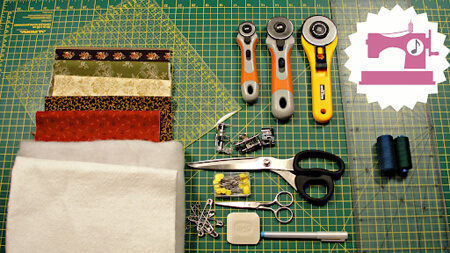
At the preparatory stage of the work, the scheme is executed. Further stages are the creation of a patchwork fabric, the connection of layers into a product, the processing of edge cuts.
Video: Making Boro patchwork pants for the Summer (w/ Sashiko stitch) | JULIUS

Helpful tips for beginners
You can use different fabrics for models: linen, cotton, drape, felt, wool. Different textures can be combined. Before starting work, the flaps are washed, smoothed. The details of the cut are drawn in chalk, traces may remain from the handle, which are then difficult to get rid of. Before stitching, a scheme is drawn up according to which the flaps are connected.
Recommendations for beginners:
- for the first product, it is better to use a ready-made set from a specialized store, in which the elements are already cut;
- you should start with chintz or cotton, they are easy to process;
- you should choose the classic English technique with the simplest, square elements;
- work will go faster if you use ready-made connection schemes;
- choose simple models: napkins, blankets, pillowcases.
Patchwork products fit perfectly into the trendy concept of “second life” of things. In fact, it is an eco-friendly recycling option for fabric. Knowledge of patchwork is a way of self-expression and a demonstration of respect for resources. Undoubtedly, a hobby captivates and deserves to be mastered. In the process of sewing, the needlewoman is charged with positive energy, good mood, and rests.
Video: We sew from scraps of fabric: how to make a patchwork rug with your own hands



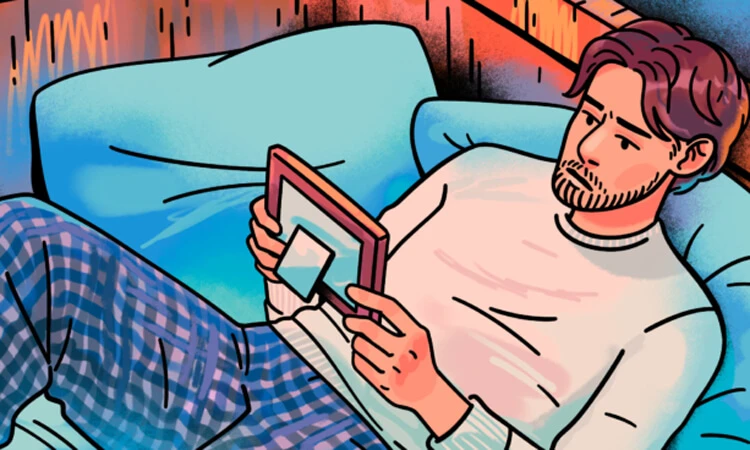
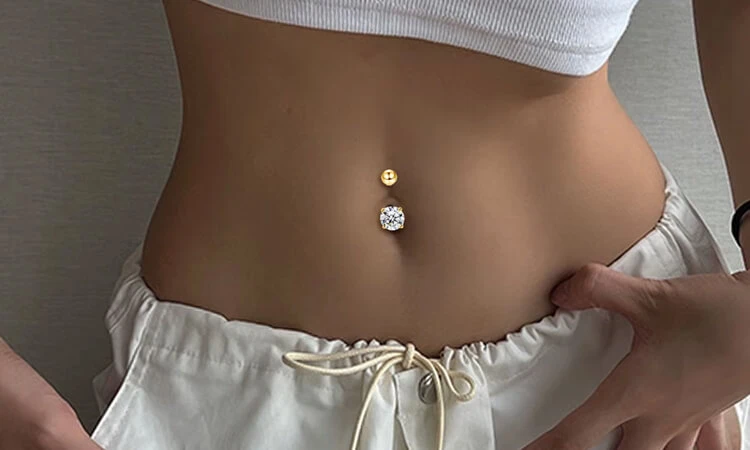


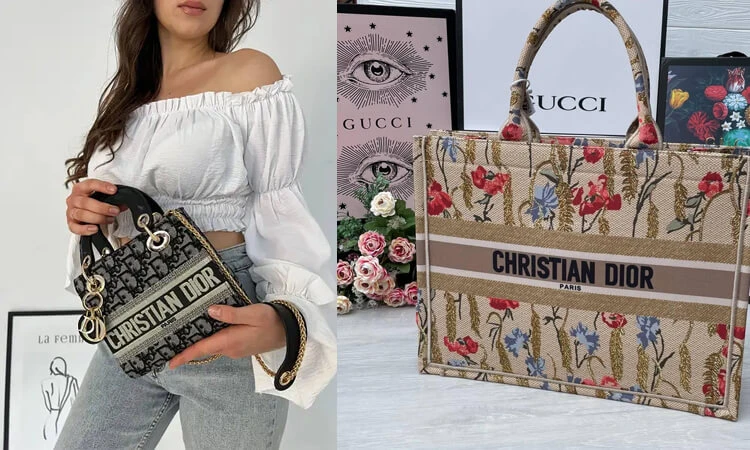


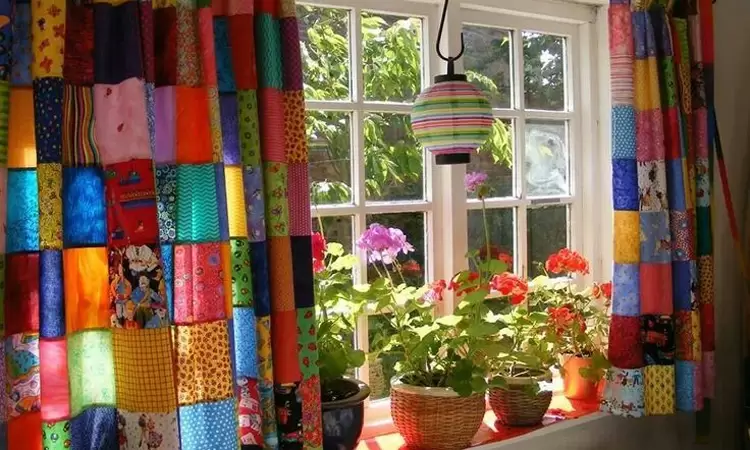





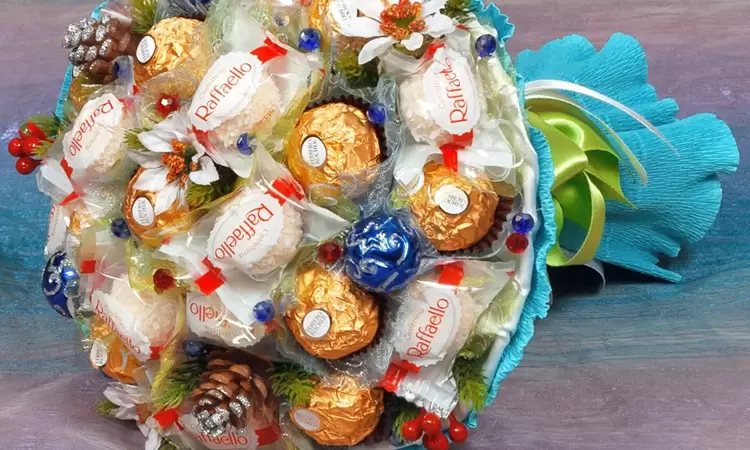
Comments (5)